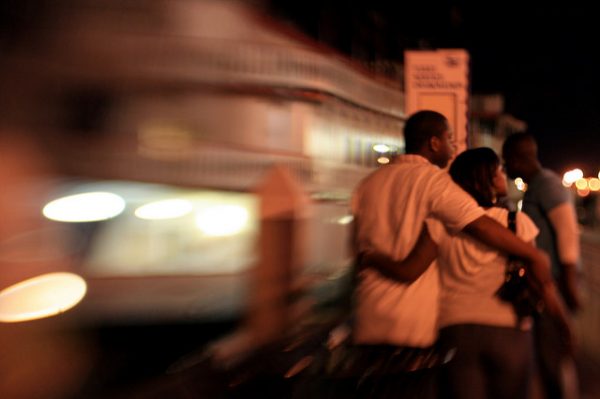
Losing a family member can be hard emotionally and physically. Previous research demonstrates that grief and bereavement negatively impact socioeconomic status and a variety of health outcomes, but research has not considered the effect of multiple experiences of loss or potential racial disparities on who is more likely to lose family members. Recently, Debra Umberson and her colleagues tackled whether Black Americans experience more and earlier family deaths than White Americans. Their striking findings illustrate that Black Americans are more likely than White Americans to experience the deaths of mothers, fathers, siblings, spouses, and children. In addition, Black Americans are more likely to experience the death of multiple family members and to experience loss at an earlier age.
The researchers used two nationally-representative datasets to look at the experiences of two different cohorts of Americans. One dataset included 7,617 individuals born 1980-1984 and the other dataset included 34,757 individuals born 1900-1965. Researchers calculated how likely an individual was to experience a death of a family member, as well as differences in age when individuals experienced specific deaths.
Black Americans are more likely to experience the death of multiple family members and to experience the death of a family member at an earlier age than White Americans. Blacks in the older sample were about 90 percent more likely than Whites to have experienced four or more deaths by age 60. And Whites were 30 percent more likely than Blacks to have never experienced a family loss by the same age, even when researchers controlled for several social factors. For those born 1980-1984, Blacks were three times more likely to experience the death of two or more family members by the age of 30.
Disparities begin young and continue throughout much of the life course. In the younger sample, Blacks were three times more likely than Whites to lose a mother, more than twice as likely to lose a father, and 20 percent more likely to lose a sibling by age 10. All disparities level off at later ages, except the likelihood of losing a child, which continues to increase for Blacks after age 50. This earlier and more frequent exposure to death is a “distinctive stressor” that almost certainly drives cumulative disadvantage by increasing stress and harming social ties.

Comments